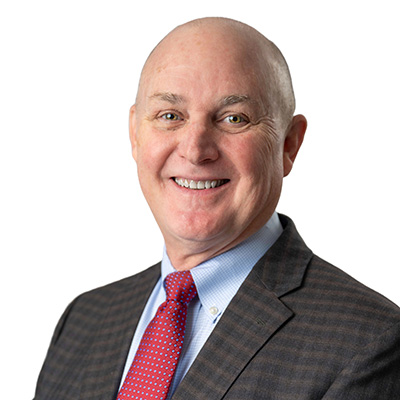 Get Your Share Of Facebook’s Recent $725 Million Privacy Lawsuit
Get Your Share Of Facebook’s Recent $725 Million Privacy Lawsuit
Shocking news for you: Facebook must pay an astounding $725 million in a recent settlement resulting from multiple lawsuits accusing them of violating their users' privacy. On top of that, they face another class action lawsuit of $650 million for unlawfully storing and collecting biometric data from approximately 1.3 million Illinois residents without their knowledge or consent.
These legal actions claim that Facebook not only shared users' data and their friends' data with third parties without permission but also failed to supervise or control how these third parties used the data. According to the plaintiffs' attorneys, approximately 250 to 280 million individuals might be eligible to receive payments from this lawsuit.
The amount received by each person will depend on the duration of their Facebook account and the number of claimants. Users will earn "points" for each month they held an account between May 24, 2007, and December 22, 2022. The total compensation will be divided based on these factors after deducting lawyers' fees. However, don't expect a massive windfall that will allow you to relocate to Beverly Hills. The only ones benefiting financially here are the lawyers.
If you had a Facebook account during the specified dates, you are automatically included in the settlement. However, to receive your payment, you must submit a claim using this website. If you do nothing, you won’t get paid and you’ll give up the right to sue or be part of another lawsuit against Facebook related to these claims.
However, if you’re feeling ambitious (and have deep pockets to pay the legal fees), you can choose to opt out of this lawsuit and attempt to sue Facebook separately, under your own initiative.
While it is encouraging to witness big tech companies being held accountable for accessing, selling, and sharing our data without consent, relying solely on lawyers or the government to safeguard our identities and personal information is insufficient. Companies like Meta generate excessive profits from our data and are unlikely to cease selling and utilizing it. For instance, Meta earned over $116 billion last year from a supposedly "free" app. That revenue stems from selling access and data. This lawsuit, although substantial, merely accounts for 0.62% of the company's total earnings – a negligible fraction.
The proliferation of the dark web and the rise of hacking highlights the lucrative nature of obtaining personally identifiable information. It is crucial to exercise caution and prevent becoming a victim of data theft, sharing, and sale.
One effective measure to prevent data sharing is to navigate to the privacy settings on Facebook. Locate "Your Facebook information" and click on "Off-Facebook activity" and "Recent activity" to clear your browsing history.
Additionally, select "Manage future activity" and opt for "Disconnect future activity" to disable this feature. Keep in mind that this may result in the disappearance of targeted ads if you enjoy them.
Another suggestion is to review the privacy settings on your phone, ensuring that installed apps do not have unauthorized access to your camera and microphone, unless specifically permitted by you. Many apps have these access features enabled by default and require you to opt-out.
If you own a business, you must also consider how you store and use your clients' data. This lawsuit demonstrates that the government is taking data privacy and protection seriously, resulting in increased regulatory compliance for data security and privacy across all industries.
To ensure you do not inadvertently expose your clients' data or violate data protection laws, schedule a quick call with us where we can discuss your concerns and explore potential ways to help you avoid unintentional exposure of your clients' and employees' data.
About the Author

Marty Parker
Owner & CEO
Marty is the Owner & CEO of Heritage Digital. With over 30 years of experience in building and leading top-notch IT teams, Marty has a rich background in both the manufacturing and healthcare sectors. He spent 13 years in each industry before taking the helm at Heritage Digital. Before leading Heritage Digital, he served as the CIO of Carolinas Hospital System (now MUSC Health Florence Medical Center). Marty is dedicated to educating and safeguarding people from cyber threats.





